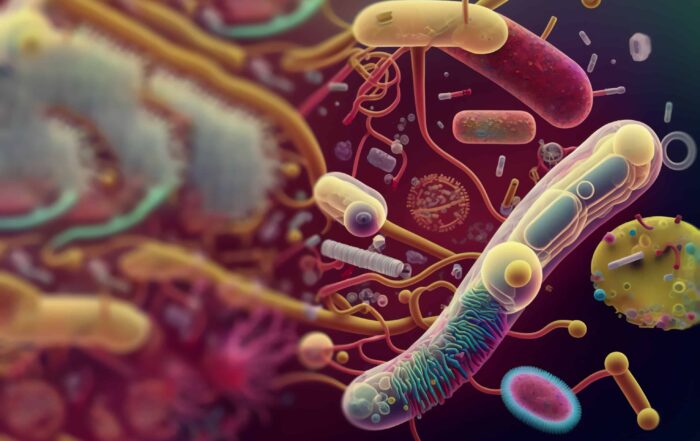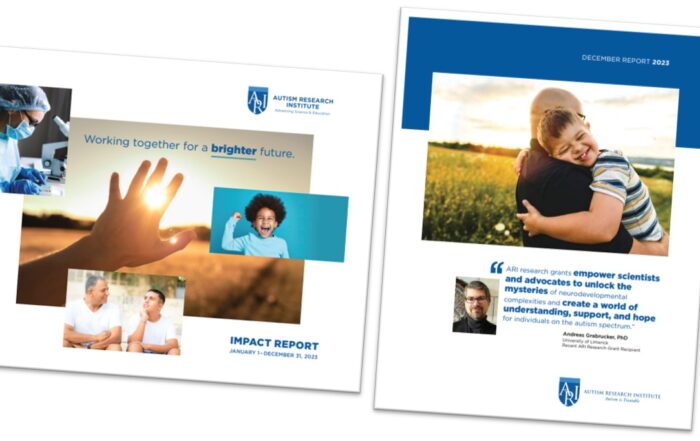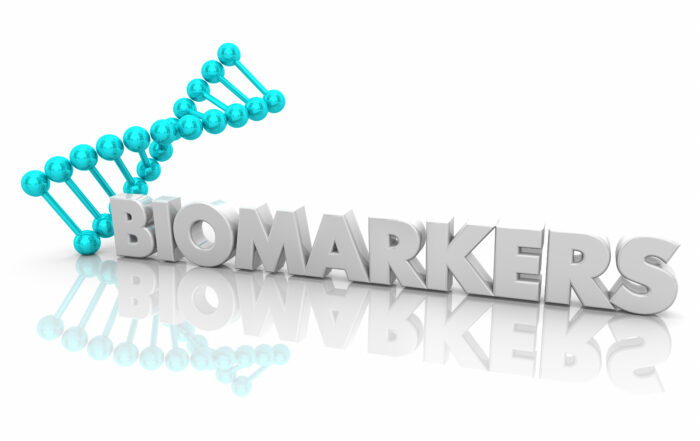Individuals with autism spectrum disorders (ASD) often exhibit anomalies in visual processing, and a new study indicates that alterations in the activity of the neurotransmitter GABA may play a role in these issues.
Qiyun Huang and colleagues analyzed electroencephalogram (EEG) recordings from 44 adults, 19 of whom had ASD. The researchers focused on the activity of the occipital lobe—the region of the brain that processes vision—in response to a series of visual stimuli with high and low contrast. EEGs were performed with and without the administration of a drug called arbaclofen, which switches on GABA type B receptors.

The researchers found that for non-autistic adults, 30 milligrams of arbaclofen disrupted visual processing. In individuals with ASD, however, the same dose of arbaclofen caused visual processing to become more like that of the non-autistic group at baseline.
Huang says, “We have known for some time that the GABA pathways in the brain might play a role in the way autistic people process visual information and the behaviors that rely on this information. What we have in this study is the first direct evidence that a specific visual response in the human brain is regulated by GABA, but quite differently in neurotypical and neurodiverse individuals.”
The researchers say their findings, while preliminary, suggest that arboclofen may help to alleviate visual symptoms in individuals with ASD.
—
“GABAB receptor modulation of visual sensory processing in adults with and without autism spectrum disorder,” Qiyun Huang, Andreia C. Pereira, Hester Velthuis, Nichol M. L. Wong, Claire L. Ellis, Francesca M. Ponteduro, Mihail Dimitrov, Lukasz Kowalewski, David J. Lythgoe, Diana Rotaru, Richard A. E. Edden, Alison Leonard, Glynis Ivin, Jumana Ahmad, Charlotte M. Pretzsch, Eileen Daly, Declan G. M. Murphy, and Gráinne M. McAlonan, Science Translational Medicine, Vol. 14, No. 626, January 5, 2022 (online). Address: Grainne M. McCalonan, [email protected].
—and—
“New study demonstrates link between brain chemical and visual processing in autism,” news release, King’s College London, January 5, 2022.
This article originally appeared in Autism Research Review International, Vol. 36, No. 1, 2022
Editorial – Fecal Microbiota Transplantation and Autism
Over the past several years, Fecal Microbiota Transplantation (FMT) has become the subject of growing interest in the autism community due, at least in part, to the increased awareness of the gut-brain
ARI’s Latest Accomplishments
Connecting investigators, professionals, parents, and autistic people worldwide is essential for effective advocacy. Throughout 2023, we continued our work offering focus on education while funding and support research on genetics, neurology, co-occurring medical
Biomarkers start telling us a story: Autism pathophysiology revisited
Antonio Persico, MD, a recent ARI Research Grant recipient, explores the role of biomarkers in understanding autism pathophysiology. He discusses the complexity inherent to neurodevelopmental conditions and emphasizes the need to combine




